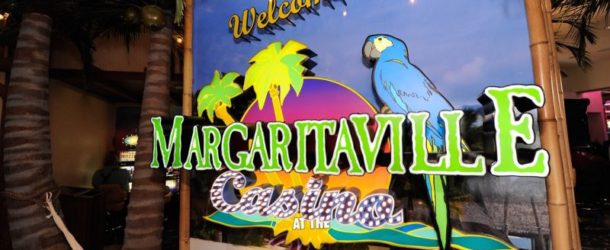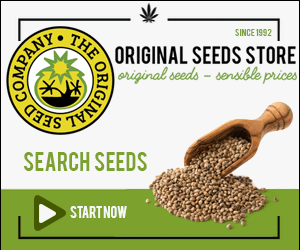With legalization sweeping the country, the number of trademark filings for marijuana-related products are through the roof. But when a shop recently tried to register Marijuanaville, Jimmy Buffett contested the trademark, claiming that it was too close to his own Margaritaville. And the US Patent and Trademark Office agreed.
On its face, denying a trademark for something with the suffix “-ville” might sound like bullshit. (It sure did to me.) But all that aside, the explanation for the original Margaritaville trademark is a work of art all its own.
The full ruling, first spotted by the TTABlog, goes into all the boring details about why the Marijuanaville trademark was denied, including the fact that both use 14 letters and have five syllables and both start with “mar.” But the really interesting part that jumps out from the filing is Buffett’s explanation of what Margaritaville is.
The filing included the basics like the fact that Buffett released a song called Margaritaville, but it turns into poetry when he describes Margaritaville as “a state of mind inspired by margaritas.”
From the documents, emphasis ours:
4. In 1977, I released a song titled “Margaritaville.”
5. The song “Margaritaville” appeared on the album Changes in Latitudes, Changes in Attitudes.
6. Since 1977, I have performed the song “Margaritaville” at each of my concerts.
7. The title of the song, “Margaritaville,” is a term that I coined to describe a fictional location.
8. I regularly refer to “Margaritaville” as a state of mind inspired by margaritas.
9. The images I most commonly associate with “Margaritaville” are beaches, tropics, leisure activities, islands and escapism.
10. In 2016, my song “Margaritaville” was inducted into the GRAMMY Hall of Fame.
In the end, the filing really rests on the fact that both Margaritaville and Marijuanaville could be referring to a “state of mind.”
Buffett’s lawyers explained:
Thus the overall connotation and commercial impression of the marks is highly similar – a chemically induced mental paradise. The public is likely to perceive Applicant’s mark as an extension of Opposer’s lifestyle brand. Based on this evidence we find that Opposer’s mark MARGARITAVILLE and Applicant’s mark MARIJUANAVILLE are similar in connotation and commercial impression.
Again, I think the ruling is kind of bullshit, but you can’t deny that the explanation for why Margaritaville should be defended as a unique trademark is its own poetry.
Also, what image is “escapism” in the most literal sense like “beaches”? I have no idea. But that’s just Margaritaville™ for you, man. It’s a state of mind inspired by margaritas.












Comments are closed.